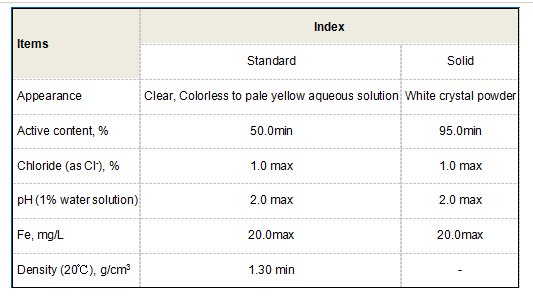Effective Solutions for Water Scale Prevention and Treatment in Various Applications
The Importance of Water Scale Inhibitors in Industrial Applications
Water is often viewed as a universal solvent and is integral to numerous industrial processes. However, it can also pose significant challenges, particularly in the form of scale formation. Scale is a hard, mineral deposit that builds up in water systems, typically as a result of dissolved minerals precipitating out of the water. This can lead to inefficiencies, increased maintenance costs, and even equipment failure in extreme cases. To combat these issues, water scale inhibitors have become essential in various industries.
Scale inhibitors are chemical agents that prevent the formation of scale by interfering with the crystallization process of minerals like calcium carbonate, calcium sulfate, and magnesium silicate. They work by modifying the growth of scale crystals, either preventing them from forming or keeping them suspended in the water, thus allowing them to be removed more easily.
One of the primary industries that benefit from the use of scale inhibitors is the power generation sector. In power plants, particularly those using cooling water systems, scale buildup can significantly reduce heat exchange efficiency. This can lead to increased fuel consumption and reduced overall operational efficiency. The application of scale inhibitors in these systems not only prolongs the lifespan of equipment but also supports sustainable practices by minimizing the energy required to maintain optimal operational conditions.
Moreover, in the oil and gas industry, scale formation can frequently occur in extraction and processing equipment, leading to blockages and flow restrictions. This is particularly prevalent when seawater is used for enhanced oil recovery, where the concentration of salts and minerals is high. The application of scale inhibitors can mitigate these issues, ensuring uninterrupted production and reducing downtime.
water scale inhibitor

In the manufacturing sector, scale can affect boilers and heat exchangers, leading to costly repairs and operational inefficiencies. The buildup of scale is often exacerbated by high temperatures and pressures commonly found in these systems. Using scale inhibitors can provide a proactive approach to managing these risks, allowing manufacturers to focus on productivity rather than maintenance.
The formulation of effective scale inhibitors is a critical area of research. These inhibitors can be organic polycarboxylates, phosphonates, or other specialized compounds designed to target specific scaling minerals. The choice of inhibitor often depends on the specific environment and application, and it is crucial to strike a balance between effectiveness and environmental impact. Nowadays, there is a growing trend towards developing biodegradable and environmentally friendly scale inhibitors in alignment with global sustainability goals.
Furthermore, the implementation of advanced water treatment technologies, including scale inhibitors, is becoming increasingly important in light of regulatory standards and societal expectations concerning environmental protection. Industries are increasingly held accountable for their water usage and discharge, making it imperative to adopt technologies that minimize negative environmental impacts.
In conclusion, water scale inhibitors play a crucial role in maintaining the efficiency and longevity of industrial water systems. They are a vital component of scale management strategies across various sectors, including power generation, oil and gas, and manufacturing. As industries continue to evolve and face new challenges, the development and application of effective and environmentally friendly scale inhibitors will be essential in promoting sustainable practices, ensuring operational efficiency, and maximizing resource utilization. As awareness of water conservation grows, integrating scale inhibitors into routine maintenance and operational strategies will become increasingly standard, marking a pivotal shift towards more sustainable industrial water management practices.
-
lk-319-special-scale-and-corrosion-inhibitor-for-steel-plants-advanced-solutions-for-industrial-water-systemsNewsAug.22,2025
-
flocculant-water-treatment-essential-chemical-solutions-for-purification-processesNewsAug.22,2025
-
isothiazolinones-versatile-microbial-control-agents-for-industrial-and-consumer-applicationsNewsAug.22,2025
-
scale-inhibitor-key-solutions-for-water-system-scale-preventionNewsAug.22,2025
-
organophosphonates-versatile-scale-inhibitors-for-industrial-water-systemsNewsAug.22,2025
-
scale-and-corrosion-inhibitor-essential-chemical-solutions-for-water-system-maintenanceNewsAug.22,2025





